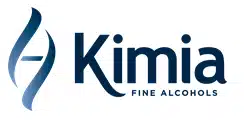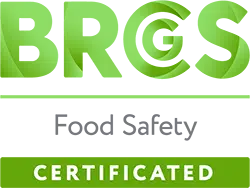A body representing renewable ethanol producers in Europe has rejected claims that the need for more biofuels as oil prices rise is being exploited by their industry at the potential expense of food and other uses.
Clean transport campaign group Transport and Environment recently published a study claiming there was clear evidence that the biofuels industry could imperil food security at a time when Ukraine – often referred to as the ‘Breadbasket of Europe’ – is facing extreme difficulty in producing and exporting food crops like wheat as the Russian military assault continues.
It claimed that “Europe burns the equivalent of 15 million loaves of bread every day to power our cars”, even as wheat prices are soaring. This is the equivalent of 10,000 tonnes of wheat.
Any firm seeking an ethanol supplier for food products might be concerned by such a claim, but renewable ethanol producers’ association ePURE has rejected the report. It said that recent statements on the matter had simply highlighted the importance of ethanol production to biofuels and were not an attempt to promote this sector at the expense of food production.
Moreover, the body stated, the EU’s own Short Term Outlook report for the agriculture markets has said there is no risk of any food shortages in Europe as a result of the war, with plenty of surpluses.
Reflecting on this, ePURE said this data represented clear proof that the renewable ethanol sector in Europe could meet the demands of both the food and biofuel sector, despite a reduction in the use of cereal crops to produce ethanol.
Interim secretary general of ePURE Simona Vackeova said Europe’s ethanol producers already have a “strategic role” in supporting food security, offering an “important domestic source of high-protein animal feed and other products that reduce the need for EU feed and food imports”.
According to World’s Top Exports, in 2020 Ukraine was responsible for eight per cent of the world’s wheat exports, while the Russian figure was more than twice as high at 17.6 per cent.










